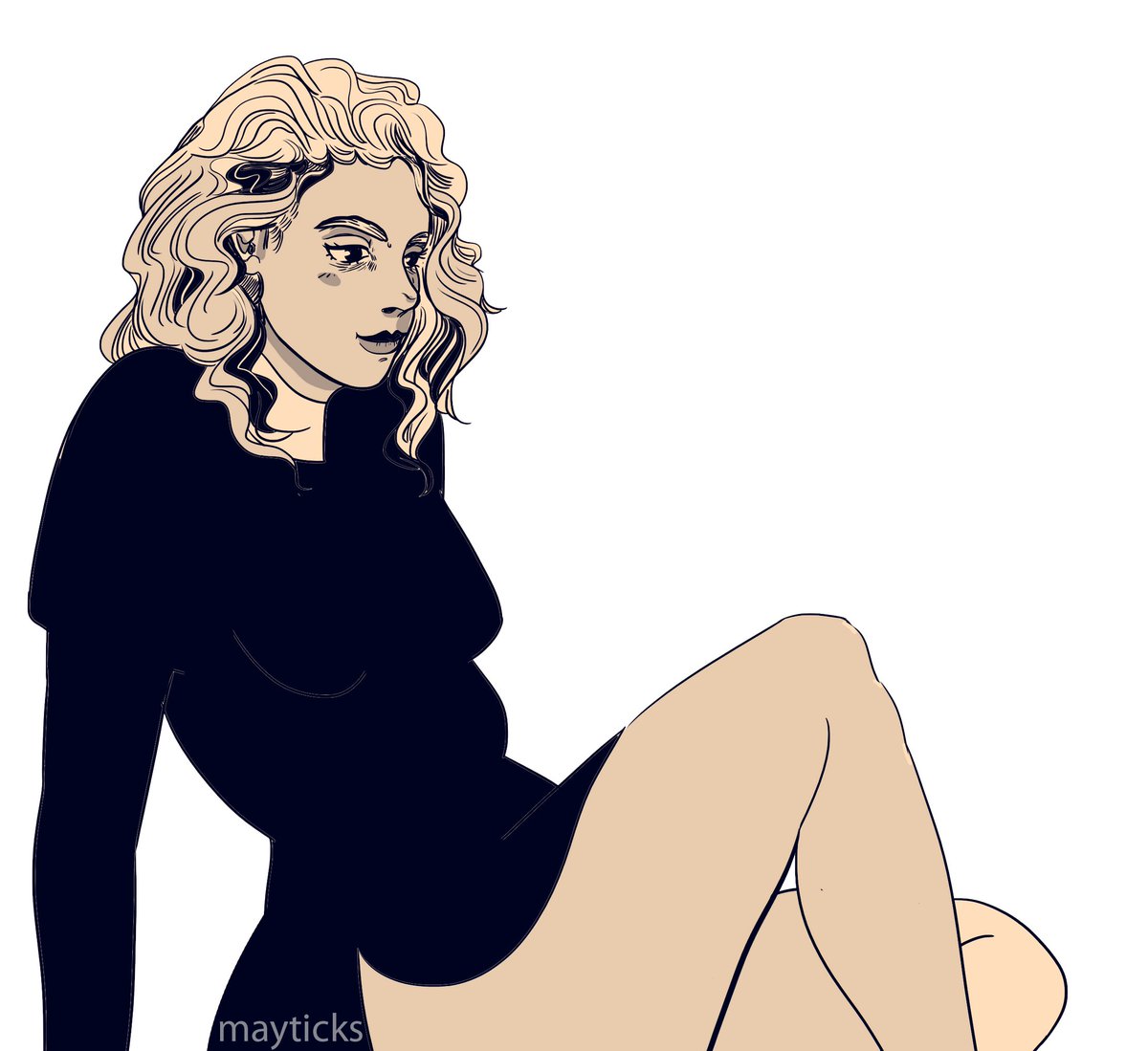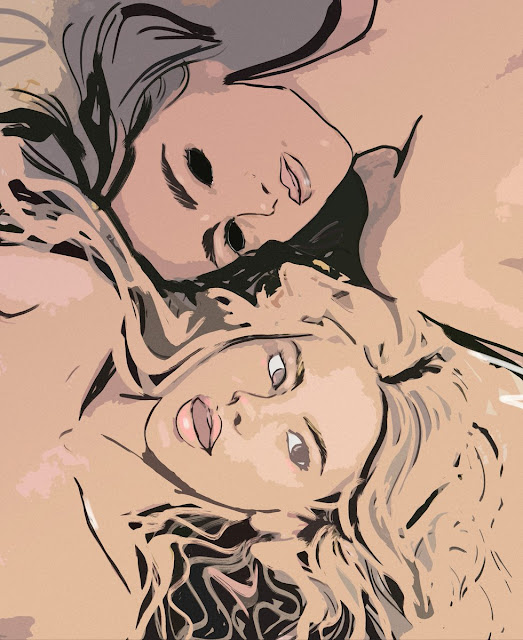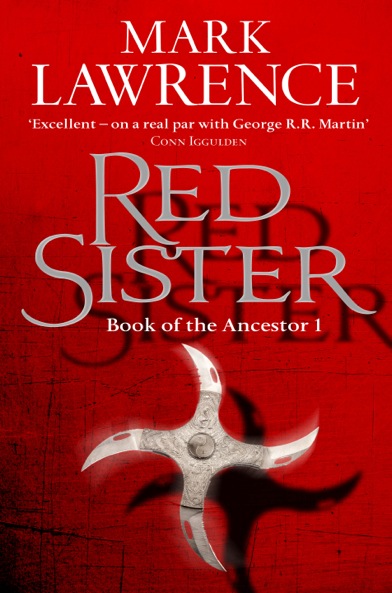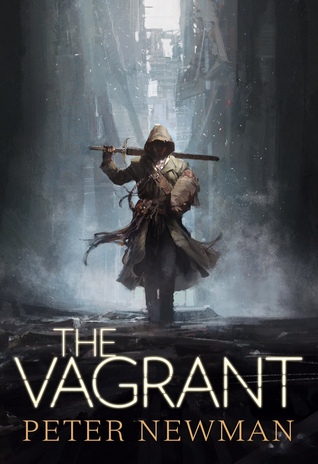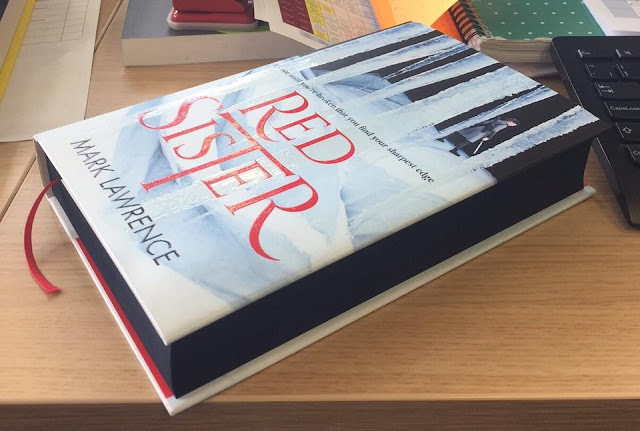I wrote about '
writing women' back in 2015, while I was writing Red Sister but before anyone except my reader,
Agnes, had read more than the first 15,000 words that got me the book deal.
Basically I was wondering whether I would be able to do a good job of it and had decided that all I could do was try to write interesting individuals. There was, I decided, no formula to it. Despite the fact that readers so often talk about how an author 'writes women' I would just write people and be done with it.
And now over a hundred readers have finished Red Sister and left reviews on Goodreads I get the chance to have a look at some of the feedback.
The following four extracts are from female reviewers.
As an aside, Lawrence is uncannily accurate in writing a lifestyle based in a convent where the girls are taught by nuns. I attended a convent school and while the curiculum was definitely different to that of the Sisters of Sweet Mercy (we weren't taught battle skills and poisons for instance - well not deliberately) the dynamic between the nuns, and the nuns and the novices , and between the girls themselves, was spot on. You would almost think Lawrence had been a convent girl himself. For that matter, he writes a prepubescent girl and her friendships with remarkable accuracy too.
Red Sister was ultimately a coming-of-age story, not something that I’ve expected from this author, and especially not one which dealt so deftly and realistically in the intricacies of young female interactions in a confined, isolated and competitive environment.
The other novices in Red Sister are pretty cool too, and the friendships that develop over the course of the story are really well-executed. Considering he's never actually (I assume) been a little girl moving towards puberty, Mark Lawrence does an amazing job of conveying what it feels like to be a girl who's not quite on the brink of womanhood.
And boy, does Mark know how to write women! Although I think he's a follower of the rule "just write real people", rather than making men/women that different. <snip> It's a book that should be mandatory reading for all young girls.
So that's all rather encouraging. But the thing that interests me most is the idea (posed playfully here, but in more earnest elsewhere and about other authors) that you have to be something to write it successfully. It's certainly true that to give a high-fidelity portrayal of a real-world experience of something like what it is to be a minority in a particular society, encompassing all the political and social nuances of that situation, you do need to have been part of it or to have done a vast amount of research. But there the author needs to capture a particular situation that others have lived. In fantasy there's nobody to jump up and say "It wasn't like that!".
I certainly wasn't method acting to write this book. I didn't try to inhabit the role of a young girl (and her friends). The lesson here is perhaps not how hard it is for a man to write women or vice versa, but just how similar we all are, or rather how different we all are but how gender really isn't the key to those differences.
I haven't been a young girl on the verge of womanhood. But equally I haven't been a violent young prince or a womanizing dandy. The answer seems to be: write people.
Jack Nicholson is given a
funny line about writing women in As Good As It Gets, but that's all it is. The film itself has a great female lead and the writer/s responsible really weren't thinking like that.
Join my 3-emails-a-year newsletter. #Prizes #FreeContent

